Glycation and its Harm to Facial Skin

Can't imagine life without sweets? Sugar is a regular component in many people's diets. However, overindulgence in sweets not only increases the risk of gaining a few extra pounds or getting cavities. Sugar also negatively affects the skin, leading to premature aging.
Japanese vitamins and supplements can help preserve youthful and beautiful skin. They have a safe composition and do not cause side effects.
What is Glycation?
Glycation is a chemical reaction that occurs when free sugars bind to protein molecules. It affects the entire body. At the final stage of this chemical reaction, advanced glycation end-products (AGEs) are formed. These are one of the main causes of skin aging, as they primarily affect the fibrillar proteins of the dermis: elastin and collagen. Over time, these proteins lose their elasticity and become increasingly rigid due to the accumulation of sugars.
Causes and Consequences of Glycation
The main causes of glycation include high blood glucose levels, aging, oxidative stress, and inflammation.
As a result, the skin becomes thinner, loses elasticity, develops wrinkles, dark circles under the eyes, hyperpigmentation intensifies, inflammation occurs, and skin healing is impaired. All these signs of aging are directly or indirectly caused by glycation, which occurs continuously in our bodies and intensifies with age. So, how can we stop skin aging?
Skin Aging Due to Glycation
Collagen and elastin are the main proteins that provide skin firmness and elasticity. Glycation leads to the formation of AGEs on these proteins, making them stiff and less flexible, and disrupting the collagen regeneration process. This contributes to the appearance of wrinkles and a loss of skin elasticity. Changes in the structure of intercellular collagen fibers and the formation of collagen dimers occur.
This process reduces skin regeneration: damaged proteins can no longer perform their functions. This slows down the processes of skin renewal and regeneration.
Glycation also damages lipids that are part of the skin barrier. This decreases the skin's ability to retain moisture, making it drier and more prone to irritation. Damaged skin becomes more vulnerable to UV radiation, pollution, and other external stressors, which can accelerate the process of photoaging.
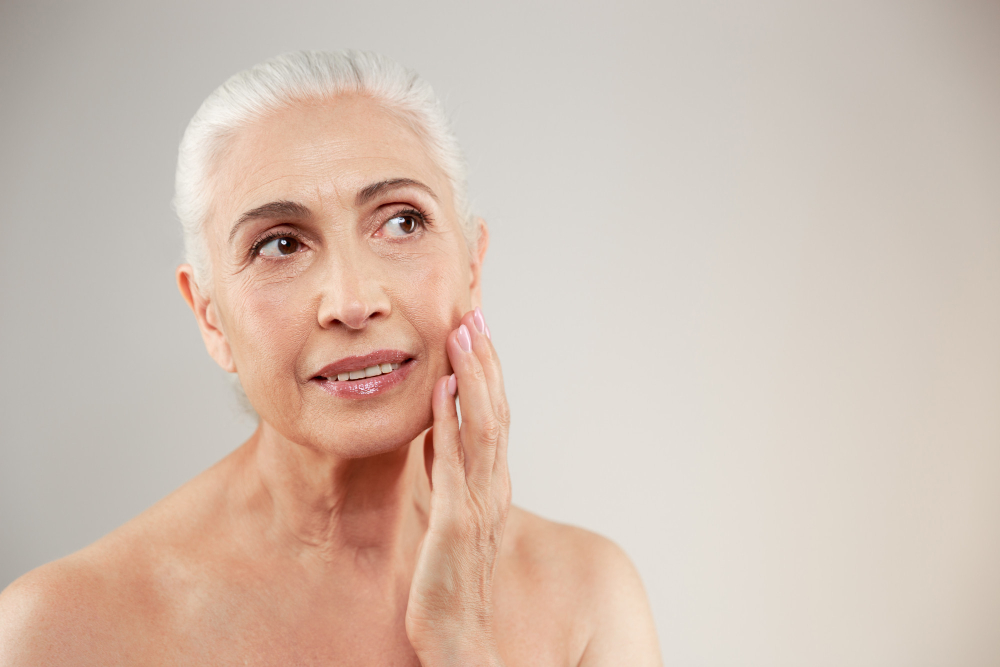
Glycation and its Harm to Facial Skin
Can't imagine life without sweets? Sugar is a constant part of many people's diets. However, overindulgence in sweets not only increases the risk of gaining a few pounds or getting cavities but also harms the skin, causing premature aging.
Japanese vitamins and supplements can help preserve youthful and beautiful skin. They are safe and do not cause side effects.
What is Glycation?
Glycation is a chemical reaction that occurs when free sugars bind to protein molecules. It affects the entire body. In the final stage of this chemical reaction, advanced glycation end products (AGEs) are formed. These are one of the primary causes of skin aging, as they mainly affect the fibrillar proteins of the dermis: elastin and collagen. Over time, these proteins lose their elasticity and become more rigid due to the increased binding of sugars.
Causes and Consequences of Glycation
The main causes of glycation are high blood glucose levels, aging, oxidative stress, and inflammatory processes.
As a result, the skin becomes thinner, loses elasticity, develops wrinkles, dark circles under the eyes, pigmentation intensifies, inflammation occurs, and skin healing is impaired. All these signs of aging are directly or indirectly caused by the glycation process, which continues in our body non-stop and intensifies with age. So, how can we stop skin aging?
Skin Aging Due to Glycation
Collagen and elastin are the main proteins that provide skin firmness and elasticity. Glycation leads to the formation of AGEs on these proteins, making them stiff and less flexible, disrupting the collagen regeneration process. This contributes to the appearance of wrinkles and a loss of skin elasticity. Changes occur in the structure of intercellular collagen fibers, leading to the formation of collagen dimers.
This process reduces skin regeneration: damaged proteins can no longer perform their functions. This slows down the skin’s renewal and regeneration processes.
Glycation also damages the lipids that are part of the skin barrier. This reduces the skin's ability to retain moisture, making it drier and more prone to irritation. Damaged skin becomes more vulnerable to the effects of UV radiation, pollution, and other external stressors, which can accelerate the process of photoaging.
Three Mechanisms of Skin Aging:
Photoaging (external factor);
Chronoaging (biological and age-related);
Glycoaging / glycation process (deposition of glycation products).
The main difference is that chronoaging is a genetically determined process, while photoaging is directly related to ultraviolet radiation and the body's response to damage. The primary mechanism is photoaging, followed by glycoaging, with age being the third factor. As you can see, age is far from the most important factor affecting your skin. Photoaging and glycoaging are closely related, as both processes intensify oxidative stress.
How to Stop Skin Aging
You can only stop AGE formation by eliminating sugar, refined, and starchy foods, such as:
Simple sugars (chocolate, cakes, cookies, sodas, sweet alcoholic drinks, etc.);
Fructose (eat sweet fruits only in season and in moderation);
Refined flour (store-bought baked goods, white bread, pasta, etc.);
White rice;
Root vegetables (potatoes, etc.).
Giving up sweets in time is the most effective method of slowing down skin aging and looking younger.
The Harm of Sugar and its Effects on Skin
High blood sugar levels can cause inflammation, worsen skin conditions, lead to acne, redness, and other skin problems.
Consuming large amounts of sugar disrupts the balance of skin microbiota, encouraging the growth of harmful bacteria. This can lead to dermatitis and rashes, especially if you're prone to premature aging.
Additionally, sugar also harms hormonal balance, which can further worsen the skin's condition. Insulin fluctuations may cause the skin to produce more oil.
Signs of "Sugar Face"
"Sugar face" is a term used to describe signs on the skin caused by excessive sugar consumption.
Signs of "sugar face" include: sagging skin, dull complexion, deep wrinkles, acne, redness and inflammation, enlarged pores, loss of skin elasticity, dark circles under the eyes, disrupted skin structure, and the appearance of hyperpigmentation.
How to Combat Glycation Effects
You can fight the consequences of glycation and slow down skin aging by following these simple tips:
Control Blood Sugar Levels: Regular monitoring and control of glucose levels, especially for people with diabetes.
Balanced Diet: Reducing sugar and refined carbohydrate intake. Eating foods rich in antioxidants (fruits, vegetables, green tea) and healthy fats will help preserve skin youth and elasticity.
Physical Activity: Regular exercise helps maintain normal blood sugar levels, reduces the risk of glycation, and improves appearance.
Protection Against Oxidative Stress: Consuming antioxidants through diet and skincare products. Protect your skin from sun exposure by using sunscreen.
Healthy Lifestyle: Excessive alcohol consumption worsens the effects of glycation. Avoiding bad habits can improve skin condition. A high quality of life and proper anti-aging care are key to preserving youthful skin.
Where is Sugar Hiding?
We all know that sugar is present in cookies, cakes, pastries, and candies. But few suspect that healthy yogurts, breakfast cereals, milk, and sauces can contain sugar. Instant oatmeal contains up to 17 grams of sugar per 100 grams. Bran bread contains about 4 grams of sugar per 100 grams. An average bottle of yogurt has up to 4 teaspoons of sugar.
Muesli, which is often advertised as a "healthy breakfast," can contain so much sugar that it makes up half of the product's weight, competing in calorie content with buns and cakes. One glass of packaged juice contains 5-7 teaspoons of sugar. Soft drinks contain 7-9 teaspoons per glass. Ketchup contains 15 grams of sugar, while barbecue sauce has all 30 grams. The British Heart Foundation estimates that one tablespoon of ketchup usually contains one teaspoon of sugar. It's better to make your own ketchup. Additionally, sausages, wieners, and deli meats contain transgenic soy, monosodium glutamate (a flavor enhancer that causes addiction similar to drugs), and you can easily find about 20 teaspoons of sugar in 1 kilogram of these products.
Canned peas, corn, carrots, Brussels sprouts, and red cabbage can contain up to 10 grams of sugar per 100 grams of product.
Be careful and read labels. Prefer natural, whole foods that undergo minimal processing. Try to avoid industrially produced foods.
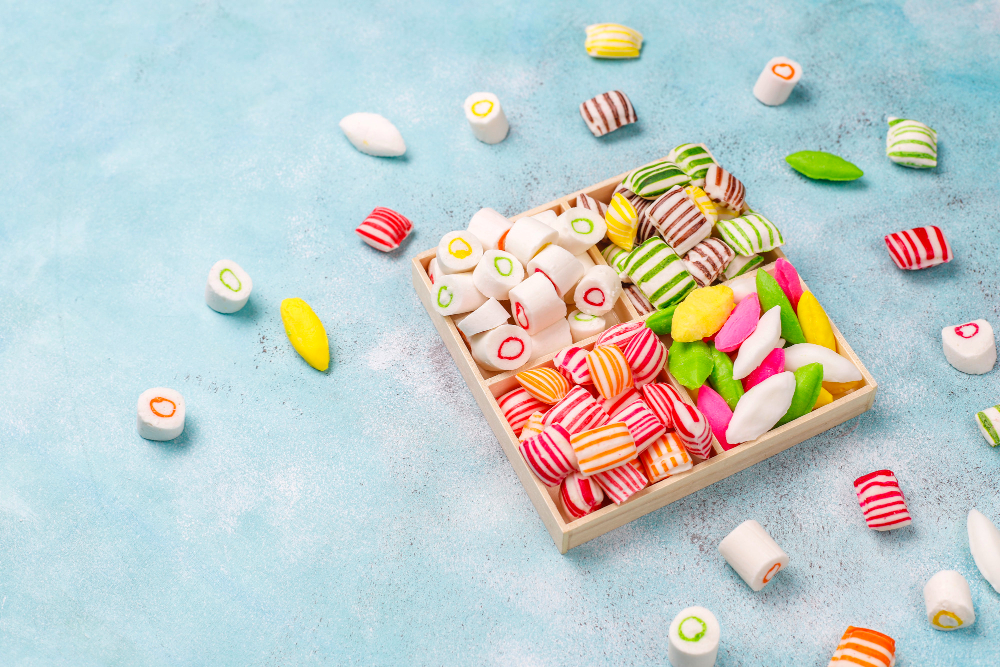
Here is a list of names under which sugar hides in products
Japanese vitamins and supplements can help preserve youthful and beautiful skin. They have a safe composition and do not cause side effects.
What is Glycation?
Glycation is a chemical reaction that occurs when free sugars bind to protein molecules. It affects the entire body. At the final stage of this chemical reaction, advanced glycation end-products (AGEs) are formed. These are one of the main causes of skin aging, as they primarily affect the fibrillar proteins of the dermis: elastin and collagen. Over time, these proteins lose their elasticity and become increasingly rigid due to the accumulation of sugars.
Causes and Consequences of Glycation
The main causes of glycation include high blood glucose levels, aging, oxidative stress, and inflammation.
As a result, the skin becomes thinner, loses elasticity, develops wrinkles, dark circles under the eyes, hyperpigmentation intensifies, inflammation occurs, and skin healing is impaired. All these signs of aging are directly or indirectly caused by glycation, which occurs continuously in our bodies and intensifies with age. So, how can we stop skin aging?
Skin Aging Due to Glycation
Collagen and elastin are the main proteins that provide skin firmness and elasticity. Glycation leads to the formation of AGEs on these proteins, making them stiff and less flexible, and disrupting the collagen regeneration process. This contributes to the appearance of wrinkles and a loss of skin elasticity. Changes in the structure of intercellular collagen fibers and the formation of collagen dimers occur.
This process reduces skin regeneration: damaged proteins can no longer perform their functions. This slows down the processes of skin renewal and regeneration.
Glycation also damages lipids that are part of the skin barrier. This decreases the skin's ability to retain moisture, making it drier and more prone to irritation. Damaged skin becomes more vulnerable to UV radiation, pollution, and other external stressors, which can accelerate the process of photoaging.

Glycation and its Harm to Facial Skin
Can't imagine life without sweets? Sugar is a constant part of many people's diets. However, overindulgence in sweets not only increases the risk of gaining a few pounds or getting cavities but also harms the skin, causing premature aging.
Japanese vitamins and supplements can help preserve youthful and beautiful skin. They are safe and do not cause side effects.
What is Glycation?
Glycation is a chemical reaction that occurs when free sugars bind to protein molecules. It affects the entire body. In the final stage of this chemical reaction, advanced glycation end products (AGEs) are formed. These are one of the primary causes of skin aging, as they mainly affect the fibrillar proteins of the dermis: elastin and collagen. Over time, these proteins lose their elasticity and become more rigid due to the increased binding of sugars.
Causes and Consequences of Glycation
The main causes of glycation are high blood glucose levels, aging, oxidative stress, and inflammatory processes.
As a result, the skin becomes thinner, loses elasticity, develops wrinkles, dark circles under the eyes, pigmentation intensifies, inflammation occurs, and skin healing is impaired. All these signs of aging are directly or indirectly caused by the glycation process, which continues in our body non-stop and intensifies with age. So, how can we stop skin aging?
Skin Aging Due to Glycation
Collagen and elastin are the main proteins that provide skin firmness and elasticity. Glycation leads to the formation of AGEs on these proteins, making them stiff and less flexible, disrupting the collagen regeneration process. This contributes to the appearance of wrinkles and a loss of skin elasticity. Changes occur in the structure of intercellular collagen fibers, leading to the formation of collagen dimers.
This process reduces skin regeneration: damaged proteins can no longer perform their functions. This slows down the skin’s renewal and regeneration processes.
Glycation also damages the lipids that are part of the skin barrier. This reduces the skin's ability to retain moisture, making it drier and more prone to irritation. Damaged skin becomes more vulnerable to the effects of UV radiation, pollution, and other external stressors, which can accelerate the process of photoaging.
Three Mechanisms of Skin Aging:
Photoaging (external factor);
Chronoaging (biological and age-related);
Glycoaging / glycation process (deposition of glycation products).
The main difference is that chronoaging is a genetically determined process, while photoaging is directly related to ultraviolet radiation and the body's response to damage. The primary mechanism is photoaging, followed by glycoaging, with age being the third factor. As you can see, age is far from the most important factor affecting your skin. Photoaging and glycoaging are closely related, as both processes intensify oxidative stress.
How to Stop Skin Aging
You can only stop AGE formation by eliminating sugar, refined, and starchy foods, such as:
Simple sugars (chocolate, cakes, cookies, sodas, sweet alcoholic drinks, etc.);
Fructose (eat sweet fruits only in season and in moderation);
Refined flour (store-bought baked goods, white bread, pasta, etc.);
White rice;
Root vegetables (potatoes, etc.).
Giving up sweets in time is the most effective method of slowing down skin aging and looking younger.
The Harm of Sugar and its Effects on Skin
High blood sugar levels can cause inflammation, worsen skin conditions, lead to acne, redness, and other skin problems.
Consuming large amounts of sugar disrupts the balance of skin microbiota, encouraging the growth of harmful bacteria. This can lead to dermatitis and rashes, especially if you're prone to premature aging.
Additionally, sugar also harms hormonal balance, which can further worsen the skin's condition. Insulin fluctuations may cause the skin to produce more oil.
Signs of "Sugar Face"
"Sugar face" is a term used to describe signs on the skin caused by excessive sugar consumption.
Signs of "sugar face" include: sagging skin, dull complexion, deep wrinkles, acne, redness and inflammation, enlarged pores, loss of skin elasticity, dark circles under the eyes, disrupted skin structure, and the appearance of hyperpigmentation.
How to Combat Glycation Effects
You can fight the consequences of glycation and slow down skin aging by following these simple tips:
Control Blood Sugar Levels: Regular monitoring and control of glucose levels, especially for people with diabetes.
Balanced Diet: Reducing sugar and refined carbohydrate intake. Eating foods rich in antioxidants (fruits, vegetables, green tea) and healthy fats will help preserve skin youth and elasticity.
Physical Activity: Regular exercise helps maintain normal blood sugar levels, reduces the risk of glycation, and improves appearance.
Protection Against Oxidative Stress: Consuming antioxidants through diet and skincare products. Protect your skin from sun exposure by using sunscreen.
Healthy Lifestyle: Excessive alcohol consumption worsens the effects of glycation. Avoiding bad habits can improve skin condition. A high quality of life and proper anti-aging care are key to preserving youthful skin.
Where is Sugar Hiding?
We all know that sugar is present in cookies, cakes, pastries, and candies. But few suspect that healthy yogurts, breakfast cereals, milk, and sauces can contain sugar. Instant oatmeal contains up to 17 grams of sugar per 100 grams. Bran bread contains about 4 grams of sugar per 100 grams. An average bottle of yogurt has up to 4 teaspoons of sugar.
Muesli, which is often advertised as a "healthy breakfast," can contain so much sugar that it makes up half of the product's weight, competing in calorie content with buns and cakes. One glass of packaged juice contains 5-7 teaspoons of sugar. Soft drinks contain 7-9 teaspoons per glass. Ketchup contains 15 grams of sugar, while barbecue sauce has all 30 grams. The British Heart Foundation estimates that one tablespoon of ketchup usually contains one teaspoon of sugar. It's better to make your own ketchup. Additionally, sausages, wieners, and deli meats contain transgenic soy, monosodium glutamate (a flavor enhancer that causes addiction similar to drugs), and you can easily find about 20 teaspoons of sugar in 1 kilogram of these products.
Canned peas, corn, carrots, Brussels sprouts, and red cabbage can contain up to 10 grams of sugar per 100 grams of product.
Be careful and read labels. Prefer natural, whole foods that undergo minimal processing. Try to avoid industrially produced foods.

Here is a list of names under which sugar hides in products
- Sucrose
- Maltose
- Glucose
- Lactose
- Fructose
- Dextrose
- Mannose
- Isoglucose
- Levulose
- Banana sugar
- Barbados sugar
- Beet sugar
- Grape sugar
- Oat syrup
- Dextrin
- Demerara sugar
- Ethyl maltol
- Yellow sugar
- Cane juice concentrate
- Dehydrated cane juice
- Golden syrup
- Golden sugar
- Invert syrup
- Invert sugar
- Caramel
- Maple syrup
- Coconut sugar
- Confectioner's sugar
- Fruit juice concentrate
- Brown sugar
- Corn sweetener
- Corn syrup
- Maltodextrin
- Honey
- Molasses
- Agave nectar
- Raw cane sugar
- Unrefined sugar
- Organic raw sugar
- Palm sugar
- Treacle
- Evaporated cane juice
- Rapadura
- Rice syrup
- Raw sugar
- Birch sap syrup
- Refiners syrup
- Rice bran syrup
- Carob syrup
- Sorghum syrup
- Malt syrup
- Dry corn syrup
- Glucose solids
- Cane juice
- Cane sugar
- Turbinado
- Date sugar
- Fruit juice
- High fructose corn syrup (HFCS)
- Muscovado sugar
- Powdered sugar
- Barley malt
- Barley malt syrup
Posted:
September 26, 2024

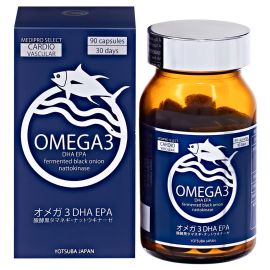
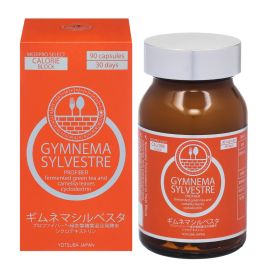
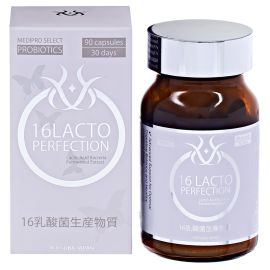
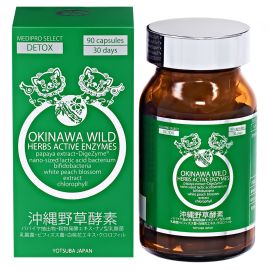
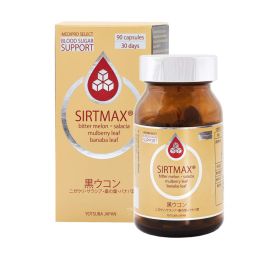





Log In